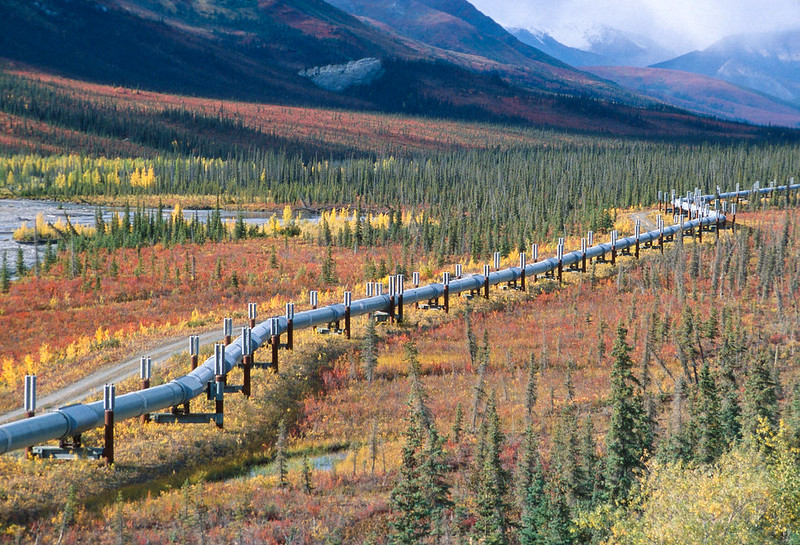World Environment Day
ICJW’s Co-Chair for Environment & Sustainable Development, Dr. Joan Lurie, explains how political compromise can destroy our best intentions to save the planet.
We are all aware that the planet is in trouble. In some cases, we know what to fix and even how to fix it. But that does not happen – often, political compromises can destroy our best intentions! This general statement applies to several aspects of the climate crisis.
In the US (and undoubtedly elsewhere) the government often compromises our more ambitious climate change efforts in order to pass legislation which is crucial but not related to environmental issues – e.g. consider the negotiations to pass a debt ceiling bill which would prevent the US having to forfeit on is debt payments.
The Mountain Valley pipeline would provide a 300 mile conduit to move fracked gas from West Virginia to southern Virginia. It has been energetically opposed for years. Construction is currently paused because (apparently) regulatory agencies failed to comply with environmental laws. BUT now the Biden administration has made a trade in Congress – vote to raise the country’s debt ceiling and you get the pipeline! This removes the possibility of judicial review and essentially guarantees permission to build the pipeline. Gas has long been regarded as a transition fuel – less harmful than coal but not a long term solution.
This development demonstrates, in the words of an expert on the subject, Jonathan Mingle, that there will always be some political crisis that will supercede concerns about climate! There are many such examples; we need to make more people aware of how compromises that appear relatively benign can cause great harm.
There is hope:
The World Bank has a new leader, Ajay Banga. It is hoped that he will, to quote the NY Times “uncork trillions to fix the planet” by helping developing countries cope with climate change. The bank’s mission is to help countries develop sustainably and reduce poverty by lending money for new projects. But, it has often been accused of insufficient response to the needs of countries battered by climate change and debt. The question is, will Banga move rapidly to free up the money needed to help humanity adapt to climate change?
We should make our constituents and affiliates more aware of just how much we could accomplish if sustainability and climate change were closer to the top of our concerns!! An important element of our work is to educate. We must spread the word!

(Illustrative photo of trans-Alaska pipeline by Dennis R. Green)